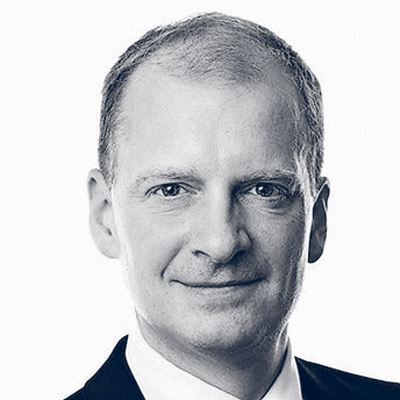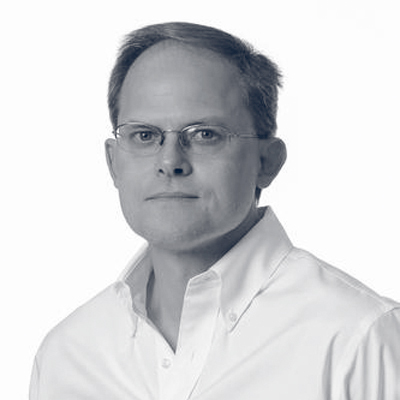Is Tesla’s Era of Dominance Coming to an End? What Experts Say
Topics
MIT SMR Strategy Forum
As of August 2022, Tesla vehicles accounted for 68% of the U.S. electric vehicle (EV) market, but new entrants and established automakers are mounting serious challenges to Tesla’s dominance, with aggressive commitments to deliver millions of all-electric cars in the coming years. Companies like Volkswagen and Ford have quickly focused on introducing new varieties of EVs at affordable price points as a way to win over customers who may not have considered buying an electric car — or who may be having second thoughts in reaction to Tesla’s founder and CEO, Elon Musk.
With that in mind — as well as California’s recent mandate that by 2035, all new cars and light trucks sold there must be emissions free — we asked panelists on the MIT Sloan Management Review Strategy Forum to respond to the following statement: The era of dominance for Tesla in the EV market is coming to an end.
Strongly Agree and Agree
Two-thirds of our panelists agree that Tesla’s era of dominance is winding down. After all, “competition comes for us all,” says Tim Simcoe of Boston University. Many on the panel are quick to point out that Tesla is likely to remain a dominant actor in the market despite losing market share as other manufacturers catch up in response to customer demand and new regulations.
In addition to other automakers going all in on electric car production, Nicolai Foss of Copenhagen Business School points to other weaknesses for Tesla. Foss notes that many companies now selling EVs benefit from existing complementary assets in the market, such as reputation and distribution, and may offer higher-quality vehicles than Tesla, especially in the luxury market. Panelist Ivan Png of the National University of Singapore points to recent data showing that brands BYD, BMW, and Mercedes-Benz have far outsold Tesla in Singapore in the first half of the year.
Despite a broad consensus from panelists in this camp that Tesla’s share of the EV market pie is likely to decrease, there also is widespread agreement that Tesla will continue to be a formidable competitor in this space. Olav Sorenson of UCLA notes that “Tesla will probably remain the largest single manufacturer of EVs in the U.S. for several more years. It has advantages in infrastructure and vertical integration into battery manufacturing.”
Innovation is one area where panelists point out that Tesla is likely to continue to have a competitive edge. “Tesla has been an innovator in many ways in the EV space, and this may be a role they will continue to maintain, even if their vehicles don’t dominate the market share,” says Meghan Busse of the Kellogg School of Management.
Strongly agree
“Many producers who are now offering EVs benefit from stronger complementary assets, such as reputation and distribution, than those controlled by Tesla — even if they don’t have an Elon Musk in company leadership — and may already be offering EVs of higher quality than the S model.”

Nicolai J. Foss
Copenhagen Business School
Agree
“In the face of all of this innovation and variety, Tesla feels a bit like the modern Model T.”

Olav Sorenson
UCLA Anderson School of Management
Disagree and Strongly Disagree
Twenty-nine percent of panelists disagree that Tesla’s era of dominance is coming to an end anytime soon, with most pointing to the company’s substantial lead in the market.
Joshua Gans of the University of Toronto notes that even with a tide of new entrants into the EV market, Tesla holds the advantage of being further ahead in the innovation and brand-building race: “The design of a Tesla so integrates software and hardware that it is architecturally difficult to replicate. Add to that the likelihood that its brand and quality are a decade ahead, and you have to conclude that it is premature to believe its market leadership will be effectively challenged anytime soon.”
Likewise, Monika Schnitzer at Ludwig Maximilian University of Munich notes that while traditional car manufacturers may be catching up in the development of all-electric vehicles, they trail behind “when it comes to producing their own battery cells, providing their own charging infrastructure, and developing their own software.”
Richard Holden at the University of New South Wales compares Tesla’s innovation and business model to that of another California giant: “Tesla is in almost every way the Apple of the motor vehicle industry. And while Apple’s initial dominance in the smartphone (and then tablet) market receded to some degree — say, in terms of market share — its dominance continued. Apple continues to define the frontier of these and adjacent products. I expect Tesla to do the same thing in the motor vehicle industry.”
Though (surprisingly) few panelists touch on Musk or his leadership approach, Hong Kong University’s Jin Li does note one benefit of the idiosyncratic CEO: “By generating enough publicity, he saves on marketing costs for Tesla.”
Disagree
“While other EV companies and even the majors are finally entering the market, Tesla has established a significant lead and has years of reliability data, whereas the new entrants are all on version 1.0.”

Yael Hochberg
Rice University
Neither Agree nor Disagree
In this month’s poll, just one panelist expressed a neutral opinion on a changing tide for Tesla. Economist Preston McAfee points to Tesla’s reputation for quality and its substantial lead in supercharger availability for its vehicles as important areas of advantage. However, he also acknowledges the rising competition from other brands, including luxury carmakers’ challenges to Tesla’s higher-end offerings, and Ford’s and Volkswagen’s entrants at the more affordable end of the market.
“Absent a major misstep, Tesla will remain the strongest EV competitor, though no longer unchallenged as they have been,” says McAfee. Concluding on a light note, he writes, “Now if someone would just make a convertible EV …”
That we can all agree on.

Comment (1)
Joseph Anders